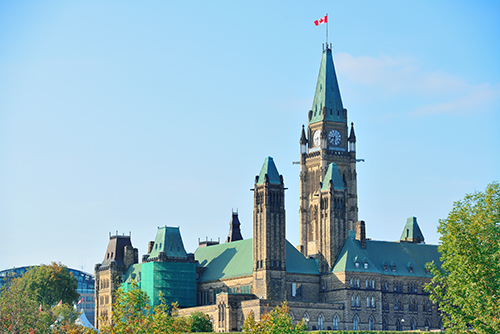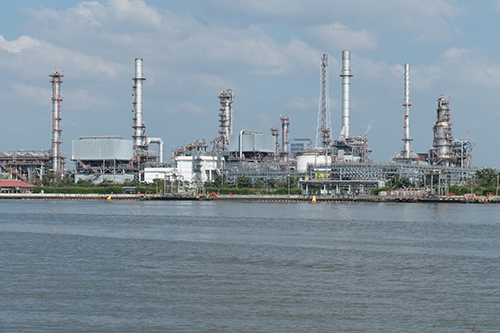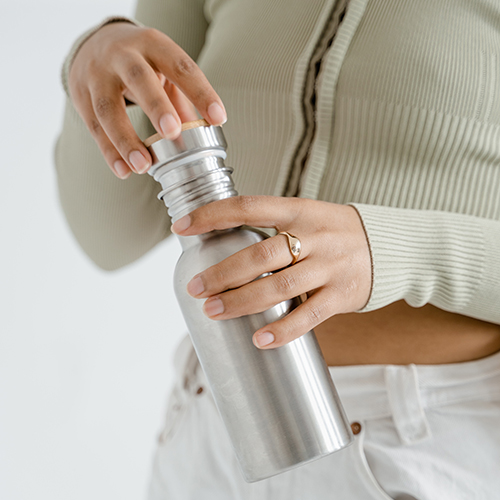Since 1973, World Environment Day has been celebrated on June 5th. The annual event is led by the United Nations Environment Programme (UNEP). The goal is to inspire positive change for the planet, and for the past 50 years, that is exactly what it has done. Millions of people from more than 150 countries have participated in recent years.
The UNEP encourages awareness and action for the protection of the environment. Many governmental entities, businesses, and individuals around the world support its mission. It represents the primary United Nations outreach day supporting the environment. During 2023, the world population will surpass eight billion, with 4.3 births expected worldwide every second. The need for active change has never been more important to ensure a healthy future for the planet.
#TeamABM is proud to support the positive initiatives outlined by the UNEP, and encourages everyone to do our part to keep our home beautiful for generations to come.
The Battle Against Plastic Pollution
The focus for World Environment Day this year is the worldwide reduction of plastic pollution. Without serious change, the amount of plastic waste flowing into aquatic ecosystems will nearly triple by 2040.
While the damage is already extensive, it is not too late to make a difference. Just as it took a global effort to create the mess, it will take the same to fix it. The UNEP has outlined numerous helpful actions for every level of society that will help combat the plastic pollution crisis.
Government Action

To drive change on a large scale, it is important for governments and local authorities to coordinate efforts and lead by example. From global to local initiatives, governments can introduce laws to protect the environment, and incentivize businesses and individuals to adopt positive change.
The UNEP’s report for 2023 contains dozens of proposals that international governments should be undertaking in an effort to reduce unnecessary plastic production. Extended Producer Responsibility for example ensures that producers are incentivized to design products that prevent single use, and establishes a proper recycling infrastructure with sufficient funding.
Business Action

According to the UNEP, 20 petrochemical companies produce more than half of all single use plastic in the world. In 2021 alone, that added up to a staggering 139 million tonnes. In addition to the massive impact on pollution, the greenhouse gasses released during production have contributed significantly to climate change.
The most important strategies begin at the design phase, eliminating or substituting unnecessary plastic production and packaging. The largest source of plastic pollution stems from single-use plastics. By improving design, products can focus on reusability with fewer resource requirements and efficient recyclability.
Even smaller scale positive changes in an organization have an impact. Likewise, ABM College switched to reusable plates and utensils for staff resulting in saving tens of thousands of disposable items a year.
Individual Action

Such a significant global problem might seem insurmountable on an individual level. It is true that a single voice is easy to ignore, but millions of voices working towards a common goal can absolutely make a difference. Voting for change, making thoughtful purchase decisions, and even social media commentary can inspire others.
Something as simple as switching to reusable water bottles can make a noticeable impact. In the United States alone, an estimated 50 billion disposable water bottles are purchased annually. That works out to 13 bottles per month for every person in the USA. On average, every person that switches to a reusable water bottle can prevent the necessity for 156 disposable bottles – every single year.
Final Thoughts
Environmental protection isn’t limited to ecologists. Every field has the potential to implement positive changes, from eco-friendly business practices to the development of new technologies that make better use of the world’s limited natural resources.
Change isn’t always easy, but we only have one habitable planet. Without the initiative to grow and adapt we will cause irreparable harm. Enroll in a diploma program at ABM College to start making positive changes in your own future – there’s no telling how far those ripples will spread. Check into our employment driven diploma programs to find the one that fits you best.
Contact us now to learn more about ABM College.
You can also read more industry-relevant blogs here.
About The Author

Content Editor & Writer, ABM College
As Content Editor at ABM College in Calgary, Alberta, Stephen plays a key role in advancing the college’s mission to provide relevant, high-quality training for today’s job market. He ensures all blog articles and web materials are accurate, clear, and genuinely useful for students, career changers, and industry professionals.
Stephen is also the author of a best-selling historical reference series documenting decades of computer and video gaming history — a body of work recognized by the Canadian Choice Awards.
Connect with Stephen on LinkedIn, explore his published works at Falcon Designs, or see his editorial expertise in action on the ABM College Blog.
